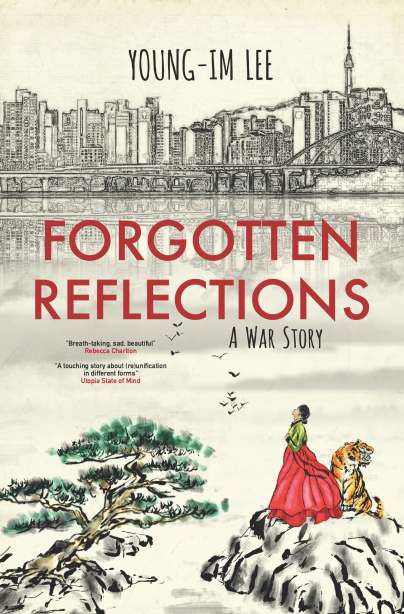
DARE TO DREAM IN THE MIDST OF WAR.
1945. Rice fields seem endless in a quaint farming village of South Korea, yet Iseul the villagers have been starving for as long as they can remember. Their Japanese colonizers have taken every last grain with them as they are finally forced out of the Peninsula. In the newly independent Korea, Iseul and Jung-Soo dream of what their future might bring. Yet, war is on the horizon, and Iseul has fallen for an alleged North Korean communist spy.
Men are conscripted and rice is taken to feed the growing army as the Peninsula is thrust into an international war that would determine if the strategic region will become communist or democratic. With nothing but the news of death and hunger awaiting the village of women, children and the aged, Iseul musters up whatever hope she has left to bring the village together to make paper. Soon, the village once known for its rice, becomes famous for its paper, becoming a beacon of hope for their battle-worn soldiers awaiting letters from their loved ones.
In the current international climate where North Korea takes center stage, “Forgotten Reflections” weaves an inspirational tale of family, lost memories, folklore and an unforgotten history, spanning three generations as South Korea rises from the ashes.